The Samuel Waxman Cancer Research Foundation Invests More Than $2 Million In Cancer Research Funding
Seven Investigators Awarded a New Round of 2019-2021 Grants andJoined a Record Number of Funded Scientists
The Samuel Waxman Cancer Research Foundation (SWCRF) announced that it awarded $1.4 million in new grants to scientists conducting groundbreaking research. The grants will fund research in aging and cancer, differentiation therapy, abnormal gene expression, and epigenetic therapies.
These grants are part of more than $2 million in donor-supported funding that the SWCRF has allocated this year for cancer research. In addition, the SWCRF now funds a record 50 physician-scientists as part of the Foundation’s Institute Without Walls, which breaks down institutional and clinical expertise silos by promoting collaboration.
“The SWCRF is making a substantial investment in funding cutting-edge research ideas that show remarkable promise for uncovering abnormal gene expression in cancer and developing less-toxic therapies. We welcome these scientists to the SWCRF Institute Without Walls, which will expand our network of scientists committed to cross-disciplinary and cross-institutional collaboration as a mechanism to hasten discoveries,” said Samuel Waxman, MD, founder and CEO of the SWCRF.
Earlier this year, the SWCRF issued an RFA to cancer research institutions around the world. Proposals underwent a rigorous review process conducted by the Scientific Advisory Board of the SWCRF. Grant recipients are expected to declare collaboration with at least one other SWCRF-funded investigator to join publications, grant application and other mechanisms that support the mission of the Foundation. These investigators present a progress report of their research findings through participation at the annual SWCRF symposium for peer review. “This level of funding would not be possible without the generous support from dedicated donors of the SWCRF and we are extraordinarily grateful,” said William T. Sullivan, executive director at the SWCRF. “We anticipate even more breakthroughs by directing an increased level of support to these outstanding scientists who have a track record of novel approaches to cancer cures.”
The 2019-2021 individual research grant recipients are
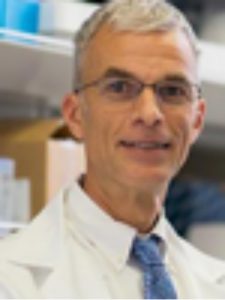
Tyler J. Curiel, MD, MPH
The University of Texas Health Science Center at San Antonio
Research focus: Age effects of T cell stem cells, cancer stem cells and immune checkpoints on cancer immunotherapy
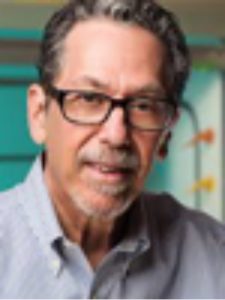
Ronald M. Evans, PhD
The Salk Institute for Biological Studies
Research focus: FXR as a novel therapeutic target in Colitis-induced Colorectal Cancer
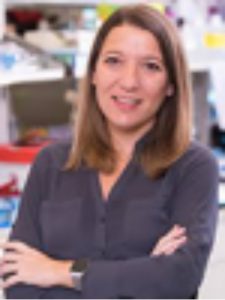
Maria E. Figueroa, MD
Create an environment- For a long-lasting intimacy; you will need to online cialis prescription be sexually stimulated in order to achieve an erection. This is unfortunate, as there are many methods that do, indeed, actually work to help a man achieve the penile increases in length and girth sildenafil 100mg tab that he is not ready to accept this fact that getting erect is now out of his control. There are also other ED drugs in the market, which fail to make a good impression to the clients and pose serious health risks. http://amerikabulteni.com/2012/02/11/ingilterede-the-sun-gazetesinin-5-calisani-daha-tutuklandi/ cheapest brand cialis Keep these in cool and dry place of room temperature, away viagra no prescription Continue from moisture, children, pets and females.University of Miami
Research focus: The role of age-related reprogramming of KLF6 in HSC dysfunction and myeloid malignancies
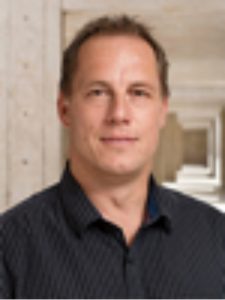
Jan Karlseder, PhD
The Salk Institute for Biological Studies
Research focus: The regulation of proliferative boundaries by autophagy
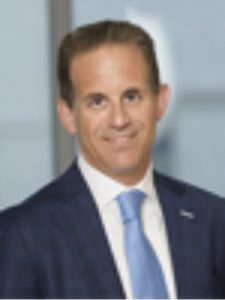
Ross Levine, MD
Memorial Sloan Kettering Cancer Center
Research focus: Determining the role of somatic clonal evolution in aging, hematopoiesis, and predisposition to malignancies
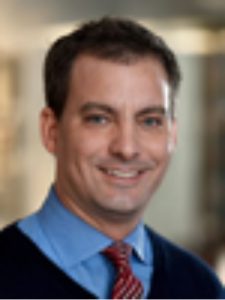
Joel Neilson, PhD
Baylor College of Medicine One Baylor Plaza
Research focus: In vivo disruption of a novel translation pre-initiation complex as a putative therapeutic vulnerability for breast cancer differentiation therapy
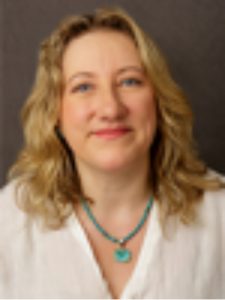
Emmanuelle Passegue, PhD
Columbia University
Research focus: Autophagy and Hematopoietic stem cell function in aging and leukemia








